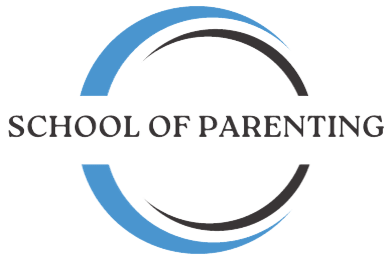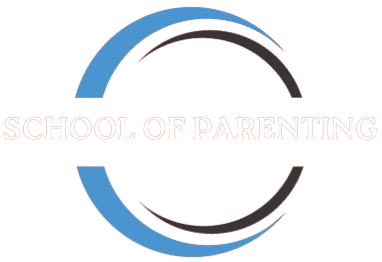
Here is a common question I often get from parents, “Dumebi, how do I get my partner to be on the same parenting page as me?”.
Scenarios such as when I say yes, he says no and vice versa.
In other cases where he always feels he needs to be angry with the children, I think he needs to be calm. He thinks shouting at a child is the best way to correct a child while I think it’s a wrong approach. He thinks the use of NO, DON’T, STOP is a good way of letting a child understand unacceptable behaviours while I think it is wrong. To be honest with you, I always worry that we’re not parenting on the same page.
These are real-time issues and guess what?
If this worries you as a parent, know that it affects your child more. The inconsistency in your parenting can have a huge impact on the child you’re both raising. The truth is, it is a legitimate concern and all these things happen because of our different foundations (who raised us, how we were raised, what the person who raised us knew). In general, our childhood experiences are a major influence on our parenting style.
For instance, we have very strict parents who believe everything must go the way they want. These are the “do as you’re told parents”, where a child is not allowed to make a decision. They are the, “yes sir, yes ma” children. While the permissive parents believe because they didn’t get certain things as a child, they’ll allow their child to get whatever they want after all he’s just a child. I’ll let him do whatever he wants to do. Finally, we have a balanced parent who believes in loving a child and at the same time being firm. They put boundaries, rules, principles, systems, and structures in place. They get their children involved in every decision made. They try as much as possible to meet their child’s basic psychological needs, that is the need for relatedness, the need for competence and the need for autonomy.
The problem that I see most times is, when one parent is authoritarian and the other is permissive, it usually ends up with either parent wanting the other to shift grounds on parenting style which hampers progress and scars the child. This is exactly where the challenges of parenting on the same begins.
Dear intentional parents, Unity is one thing that is most important in our parenting journey. Someone you might say, “But I’m a single mother or father”. That means unity should come from the consistency of your voice in their life.
HOW CAN YOU GET YOUR SPOUSE TO BE ON THE SAME PARENTING PAGE?
- FOCUS ON YOU FIRST: Parenting is first about you before your partner or anyone else. If you focus on doing the right thing and being intentional in your approach, especially in your communication, your partner will notice the change because result speaks for itself. With this, getting him to be on the same page with you will be a lot easier because of the result they’re seeing in your parenting journey.

- AVOID CORRECTING YOUR SPOUSE IN THE PRESENCE OF YOUR CHILD. I was guilty of this at the start of my intentional parenting journey. I could remember calling him out in the presence of our child about his disciplinary measures. You know what? This sends a message to our child that we’re not in it together. In the end, our child used it as an opportunity to play me against the dad. It was hard work indeed to be intentional in this regard but in the end, it was worth it.

- ALLOW YOUR PARTNER TO BE THEMSELVES: I want my partner to do things differently without even realizing that we’re not wired, or raised the same, we did not have the same childhood experience. I know at some point I made him feel guilty for not doing the things I would have loved him do, that is, parenting the right way but at the same time, I robbed him of the opportunity to be himself instead of focusing on our family values.

- IDENTIFY YOUR SUPERIOR KNOWLEDGE: when it comes to superior knowledge, everyone has an area where they’re more knowledgeable than their partner. This could be as a result of their temperament, the books they have read, research they have carried out, the trainings they have done, and skills they’ve built over the years. Understand this and let your partner know about it. Also, ask them about their areas of specialty while you trust them to use their superior knowledge to help in that regard. They should also trust you to use yours in parenting. Say your partner is good with management or shopping, when it comes to family shopping, you should trust him to be able to use his expertise for the family. Doing this will give him the confidence to come to you when it comes to parenting.

Dear intentional parents, parenting itself is hard work, not parenting on the same page is hardest so I’ll encourage you to read the above points again, take time to reflect and soul search if there’s anyone, you’re guilty of.
Remember, none of us is perfect on this journey. The most important thing is to identify your struggles and work on them.
Cheers to progress on your parenting journey.


